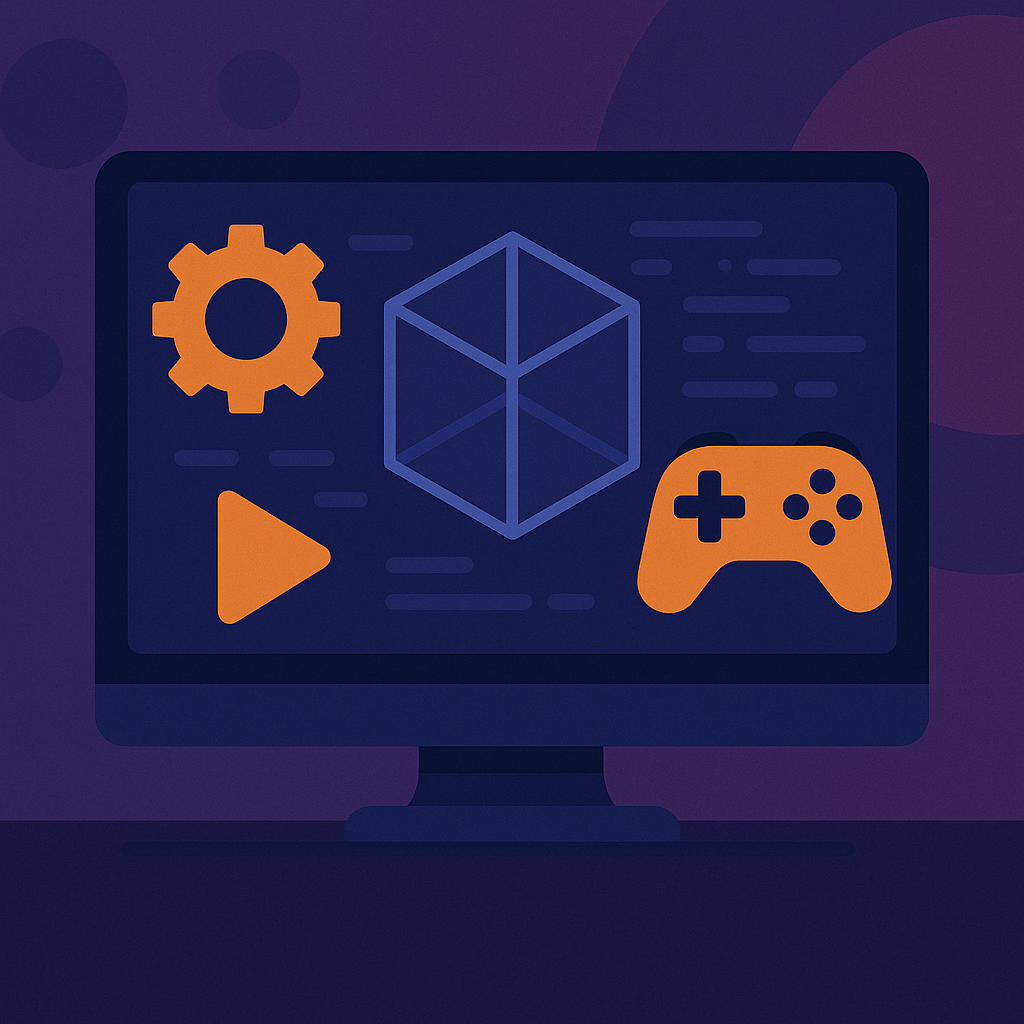Game Development Outsourcing Companies: The Future of Cost-Efficient and Creative Game Production

The gaming industry is booming, with billions of players around the world engaging across platforms — from mobile and console to VR and cloud gaming. As the demand for high-quality, immersive games continues to grow, developers are seeking smarter, more efficient ways to create outstanding titles. One major trend shaping this evolution is the rise of game development outsourcing companies.
These companies enable studios to reduce costs, speed up production, and gain access to top-tier talent without expanding in-house teams. Whether you’re an indie developer looking to scale quickly or a large studio managing multiple projects, outsourcing can transform how you build and deliver games.
Why Outsourcing Has Become a Core Part of Game Production
Game development is a resource-intensive process involving programming, art creation, sound design, testing, and project management. Maintaining a large, in-house team for every discipline is often expensive and inflexible. Outsourcing allows studios to delegate parts of the process — or even entire projects — to specialized partners who excel in their respective areas.
Modern game development outsourcing companies offer everything from 2D/3D asset creation and animation to full-cycle development, QA testing, and live operations support. This model helps studios remain agile, adapt to changing workloads, and meet tight release schedules without sacrificing quality.
Key Advantages of Working with Game Development Outsourcing Companies
- Access to Global Talent and Expertise
Outsourcing partners often employ specialists with years of experience across multiple game genres and engines (Unity, Unreal Engine, CryEngine, etc.). This gives studios access to a vast talent pool without the burden of hiring and training new employees. - Cost-Effective Production
Outsourcing significantly reduces overhead costs associated with office space, benefits, and long-term contracts. Many studios partner with teams in countries where production costs are lower, achieving savings of up to 50 % while maintaining world-class quality. - Scalability and Flexibility
Development needs fluctuate throughout a game’s lifecycle. Outsourcing allows studios to scale teams up or down depending on project demands — whether it’s adding animators for crunch time or reducing staff after launch. - Faster Time to Market
By splitting production tasks between internal and external teams, development can happen in parallel. This accelerates delivery timelines and allows studios to release games faster — a crucial advantage in today’s competitive market. - Focus on Core Creativity
Outsourcing technical or repetitive tasks lets in-house teams focus on creative direction, story development, and gameplay innovation. This division of labor results in a better product and a more efficient workflow.
What Services Do Game Development Outsourcing Companies Offer?
Most outsourcing studios specialize in specific areas of the game production pipeline, including:
- Full-Cycle Game Development – Handling the entire process from concept art, coding, and animation to publishing and post-release updates.
- Art and Asset Production – Creating characters, environments, and visual effects that define a game’s aesthetic.
- Programming and Engineering – Providing backend development, AI systems, physics engines, and gameplay mechanics.
- Quality Assurance (QA) and Testing – Conducting extensive bug testing, performance checks, and cross-platform compatibility assessments.
- Porting and Optimization – Adapting games for new platforms such as consoles, mobile, or VR while maintaining performance and visual fidelity.
- Sound Design and Music Production – Crafting immersive soundscapes that enhance gameplay and emotion.
How to Choose the Right Outsourcing Partner
Choosing the best partner is critical to project success. Before signing any contract, consider the following factors:
- Portfolio and Experience: Examine previous work to ensure the company has experience with your genre or platform.
- Communication and Time Zones: Clear, consistent communication is vital, especially when teams are located across different regions.
- Project Management Tools: Check that your partner uses reliable systems (like Jira, Trello, or Asana) for transparent progress tracking.
- Security and IP Protection: Confirm that strict NDAs and data protection policies are in place to safeguard your intellectual property.
- Technical Capabilities: Ensure they use industry-standard tools and engines like Unity, Unreal, or proprietary systems.
A great outsourcing company acts as an extension of your in-house team, aligning with your vision and maintaining quality at every stage.
Potential Challenges and How to Overcome Them
While outsourcing offers many benefits, it also presents challenges such as cultural differences, time-zone gaps, and creative misalignment. To mitigate these, successful studios maintain open communication, regular feedback loops, and clearly defined milestones.
Top-tier game development outsourcing companies also assign dedicated project managers to maintain smooth collaboration and ensure that deliverables meet expectations. When managed correctly, outsourcing can enhance—not hinder—your creative process.
The Future of Game Development Outsourcing
The demand for outsourcing is only set to grow. As technologies like AI, real-time rendering, and virtual production evolve, studios are relying on specialized partners to handle increasingly complex workflows. Cloud-based tools now allow seamless collaboration between global teams, blurring the lines between “in-house” and “outsourced” development.
In the coming years, game development outsourcing companies will become even more integrated into how games are made. They will not only provide technical support but also drive innovation, helping studios deliver richer and more interactive experiences.

